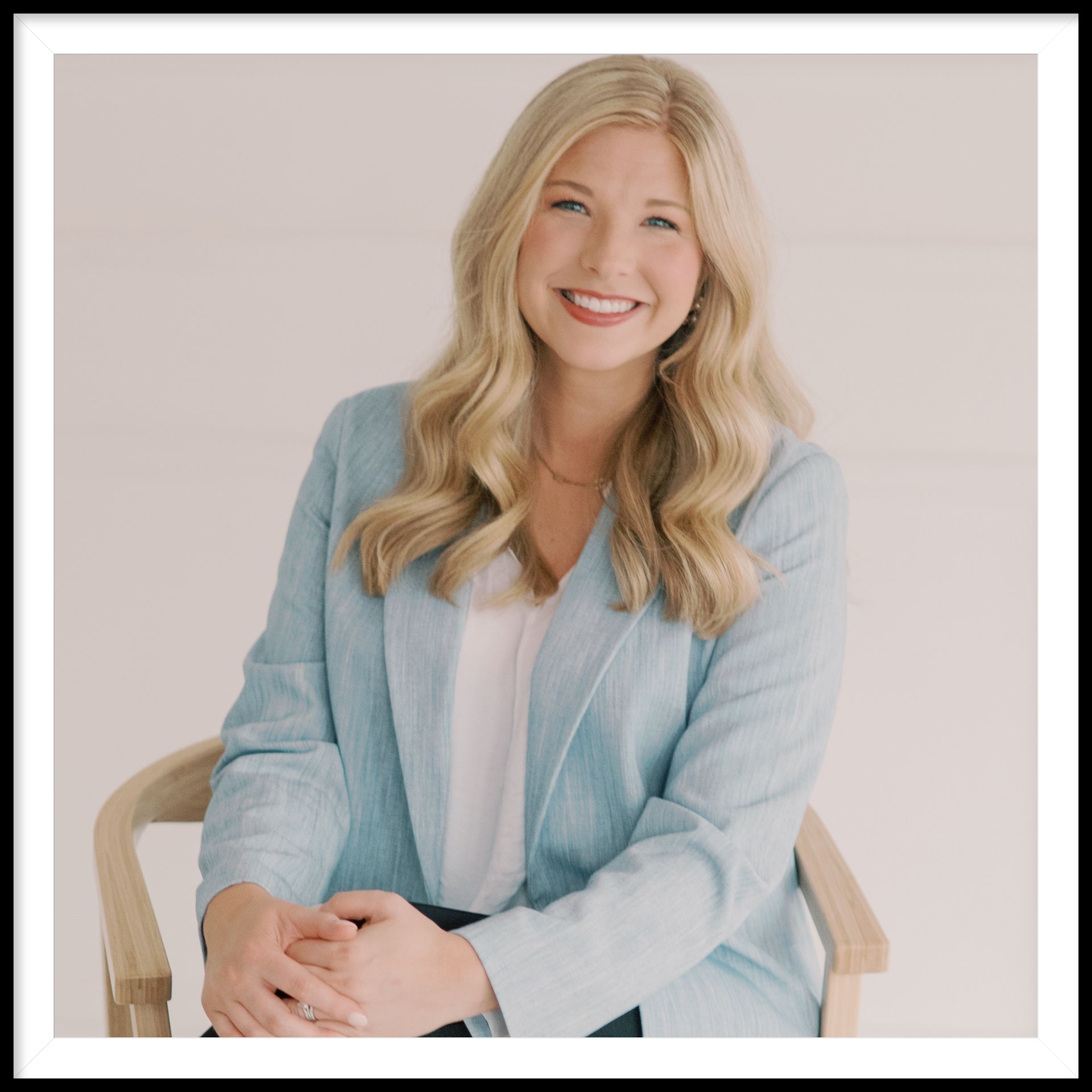
How to Choose a Good Counselor or Therapist
Selecting a good counselor or therapist can be difficult and confusing. When someone begins the journey of counseling, the client/therapist relationship is critical. How can you possibly know who you are going to match up with for short or long term therapy? The short answer is, you can’t. The more complicated and important answer is that you can significantly increase your odds by following some tips.
1. You have to know what type of practitioner you are looking for.
Counseling or Therapy? LPCC, CADC, LMFT and LCSW are your best bets. What do all those letters mean?! See our credentials page for an explanation. This is critical to how someone sees your issues and how they help. If you decide with your practitioner’s help that you need medication, please continue to see a helping professional to talk things out. Research shows that counseling and therapy always increase the efficacy of treatment with medication.
2. Medication
This is a big, scary decision for many people. Our ARNP is a Psychiatric Nurse Practitioner who takes her time with people, listens, and doesn’t have a big ego. She helps you decide if medicine is right for you and listens to what you need. Our office understands medication is a tough choice. It is your choice.
3. Getting Better
When you get better, therapy becomes less frequent. If a practitioner insists on holding on to you when you know things are better, that should be a red flag. Our clients have the right of self-determination. You decide how often to come, when to end or pause therapy, and if you would like to come back.
I have listed some tips and links here for you to browse and improve your ability to make decisions regarding receiving some help. All good clinicians should have the following in place:
–An informative up to date website listing most everything you need to know.
–A good reputation within the community.
–An office that is friendly and inviting in a good neighborhood or business park, not in a home.
–Support staff that answer a phone call.
–Paperwork that looks professional.
–An organized procedure when becoming a client.
–A degree and a license to practice counseling or therapy on the wall.
–A business license visible on the wall.
–A first session that does not overwhelm you with a to do list.
–Ears that listen.
If at first you don’t succeed in finding someone that has the proper social skills and good mental health to help you, please try again until you reach your goals. Clinicians are people. They are supposed to act and be professional. Not all of them do this well. Don’t give up!
Here are some great professionals !
Psychology Today’s tips for finding a great therapist .
Good Therapy’s suggestions on finding a competent counselor .
An independent blogger gives some tips here.
I hope this helps you choose a good counselor, a competent therapist, or a psychiatric provider and improves your life!
Paul D. Dalton, MS, LPCC, CADC
p.s., If you are lookingf or help now, please call us at 859-338-0466 or contact us today!

ABOUT PAUL DALTON
Licensed Professional Clinical Counselor.
“We built our practice to help average, everyday people who live and work in Kentucky. I think we do that very well. I hope we can help!"











